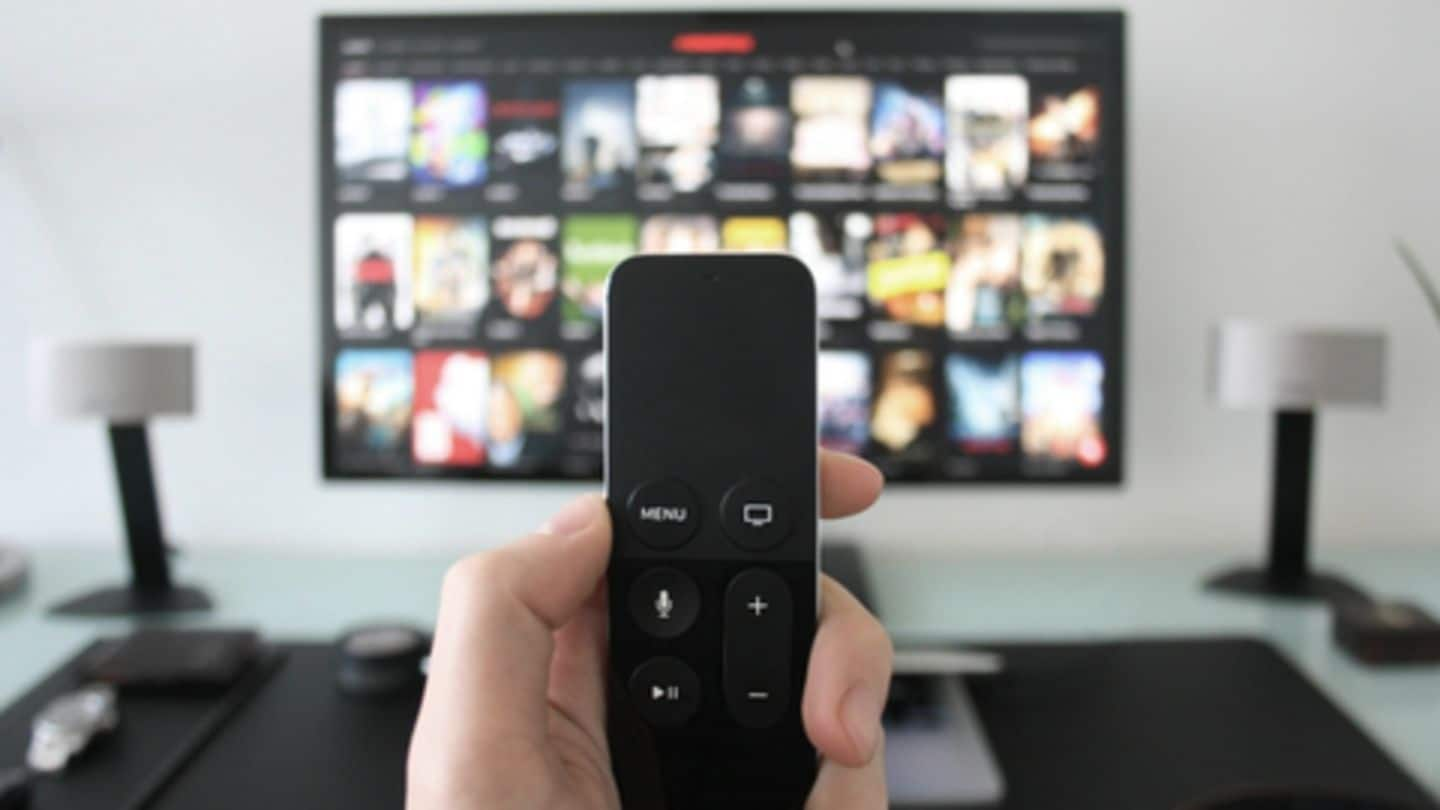
TRAI looking to lower tariffs for DTH and Cable subscribers
What's the story
TRAI's new DTH rules, which allow users to individually select and pay for channels, is effective across India. However, the new framework has increased monthly TV bills for users, leaving them disgruntled. Hence, with more and more DTH customers looking to phase out their connections, TRAI is planning to lower tariffs to safeguard user interests, reports Telecom Talk. Here's more on this development.
User choice
Firstly, let's talk about the new rules
According to the new regulations, all DTH providers have to provide a base pack with at least 100 free-to-air channels. The maximum price of this pack aka network capacity fee (NCF) is fixed at Rs. 130 plus 18% GST (i.e. Rs. 154). Notably, given all 25 Doordarshan channels are mandatory, you essentially have 75 channels to pick from the bouquet of Free-to-Air channels.
Double whammy
But the rules have been a setback for users, operators
However, the new rules have proved to be a double whammy, affecting both the users and operators. In a metro city like Kolkata, the earnings for cable TV operators have declined by as much as 45%, according to a report. And on the other side, many consumers have reported that they now pay more for the same channels than their previous monthly tariff plan.
Hurdles
Lack of awareness and technical know-how impacted wider adoption
Separately, the new framework also brought a penetration problem as subscribers had to migrate to the new system. But with a lack of awareness and limited technical know-how, the adoption was inconsistent. Likewise, operators had to comply with the new tariff regime wherein DTH service providers had to update their websites while Cable TV operators had to fill out paper forms with channel selections.
Change
Finally, TRAI is mulling on how to reduce monthly bills
TRAI has finally conceded that the new broadcasting regulations and pricing framework might have hiked prices for the DTH and Cable TV subscriptions in the country. Hence, in a bid to help customers, the statutory body "will be floating a consultation paper to gauge some likely ideas about how it can reduce the monthly TV bills".